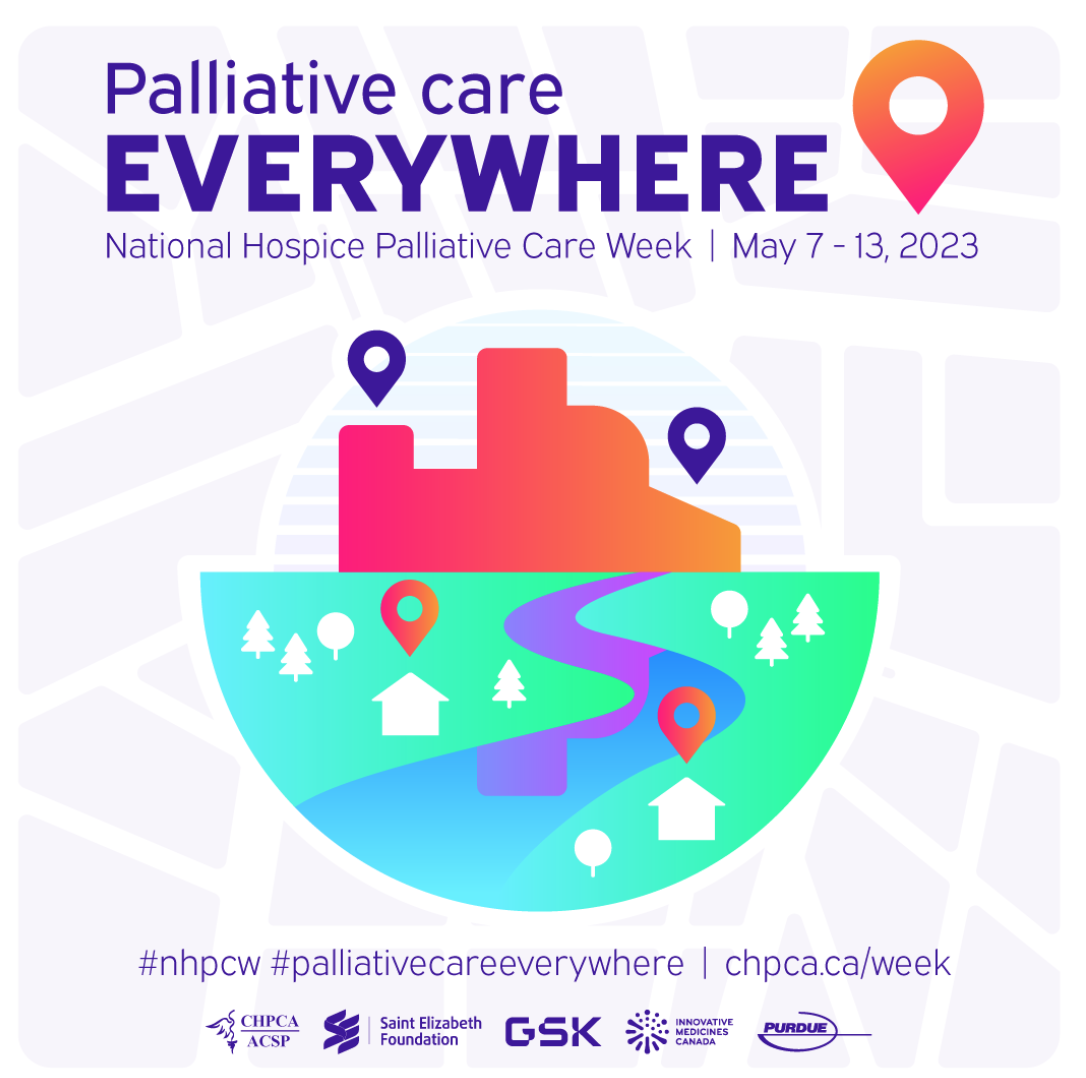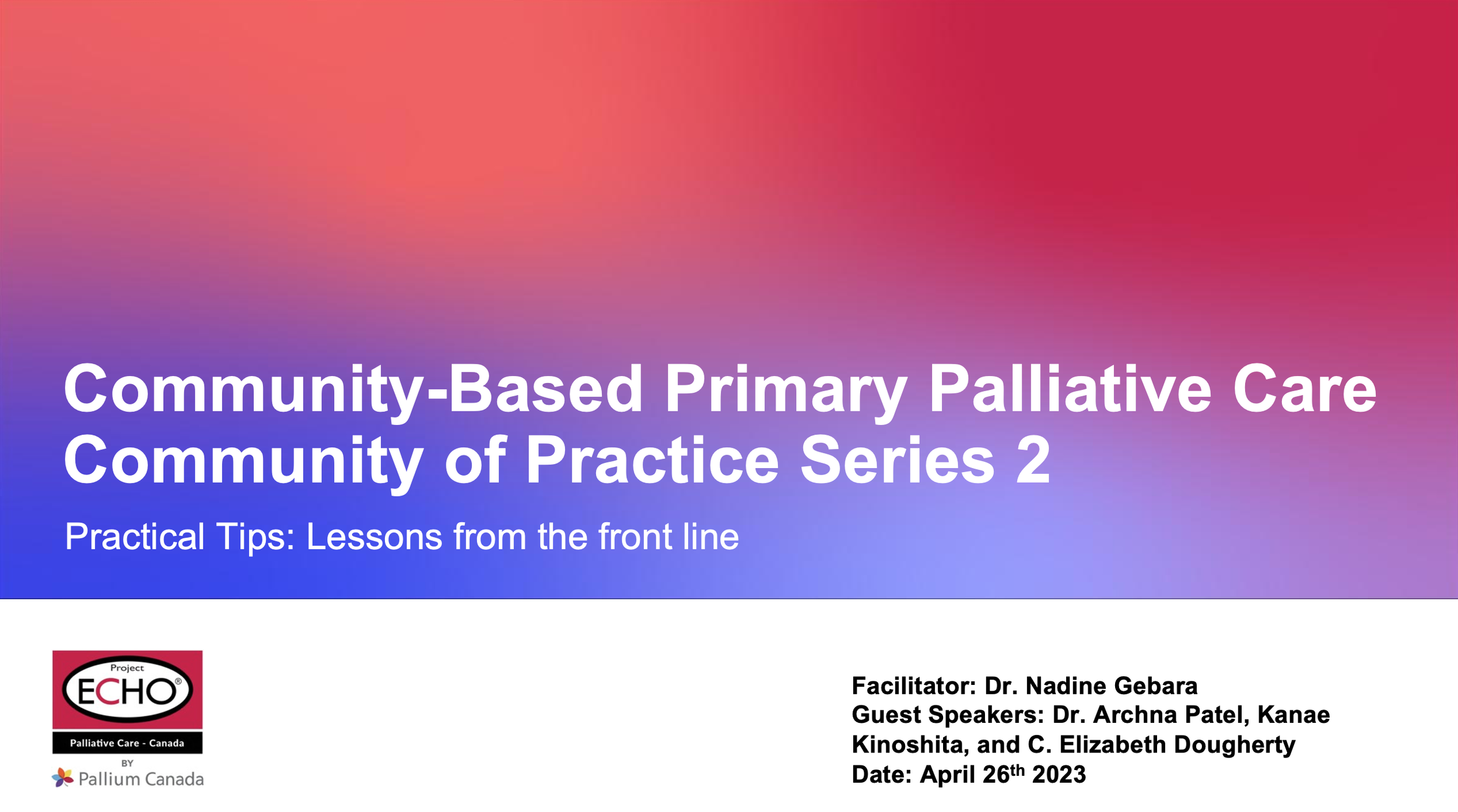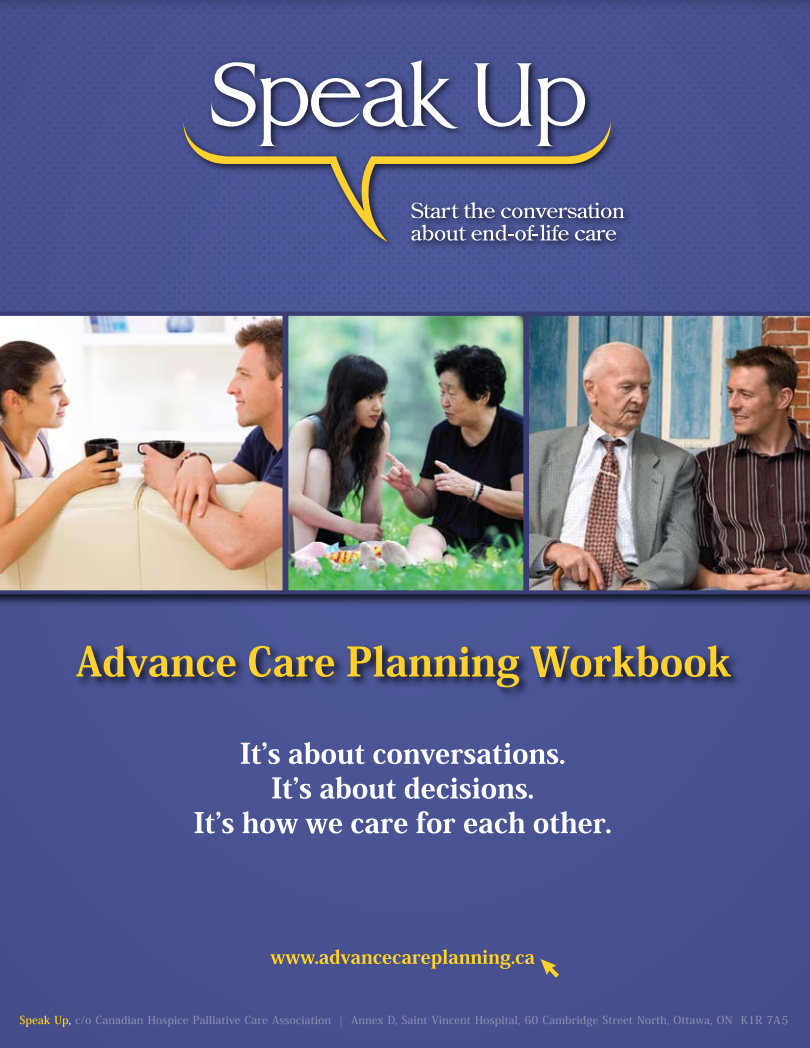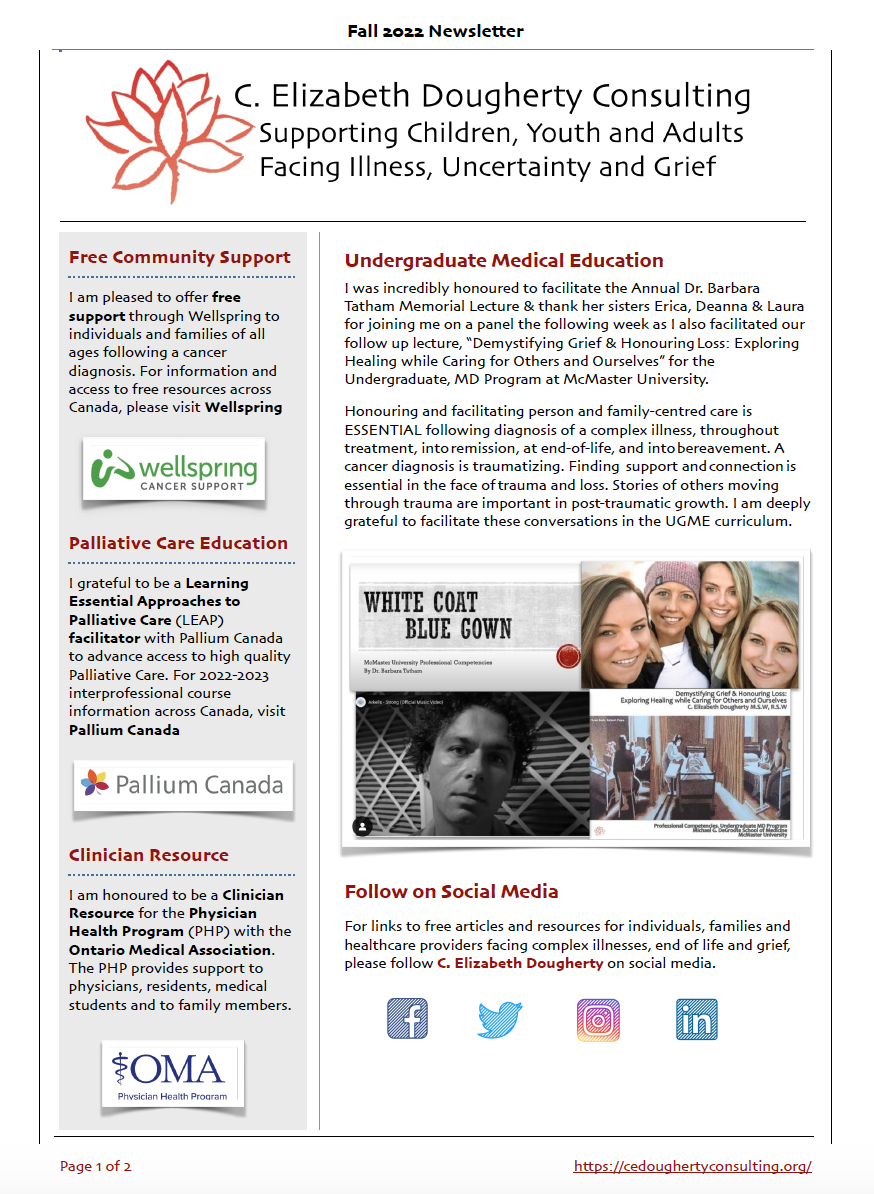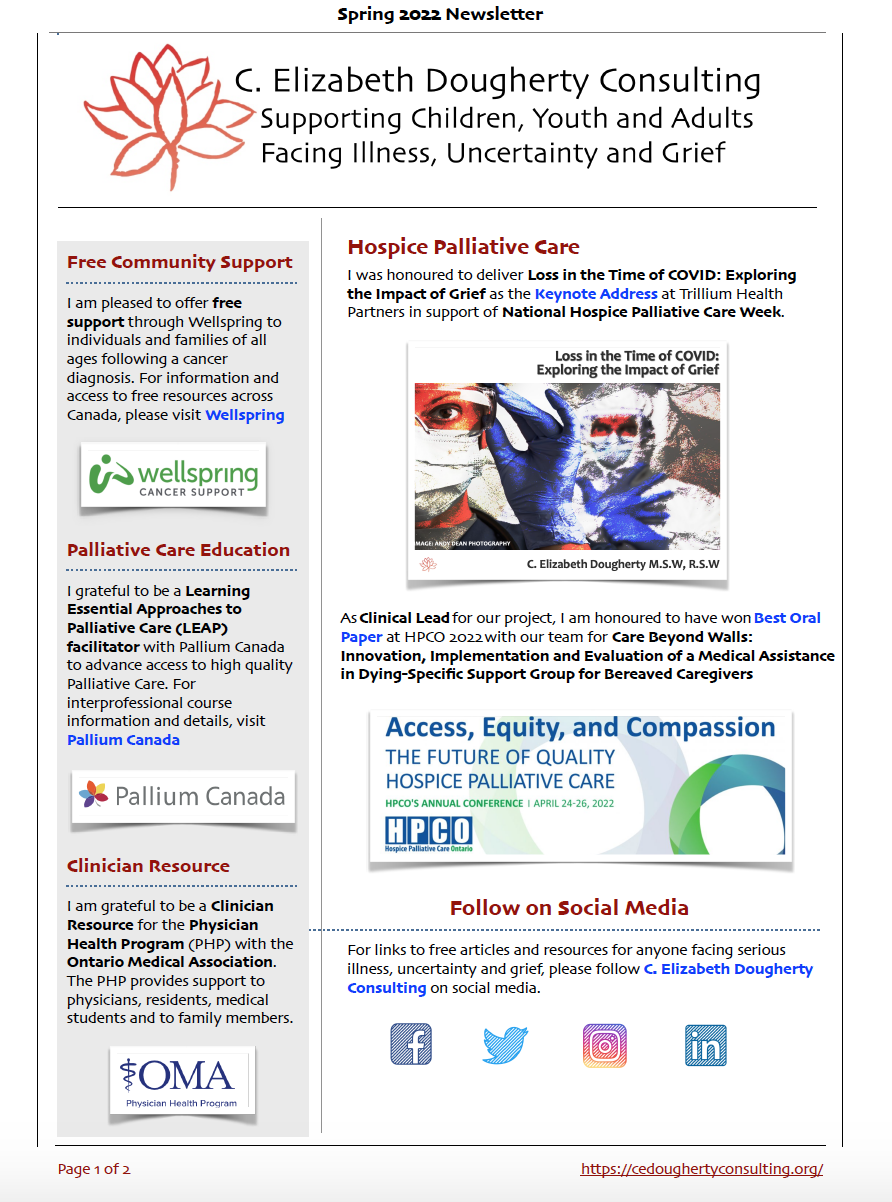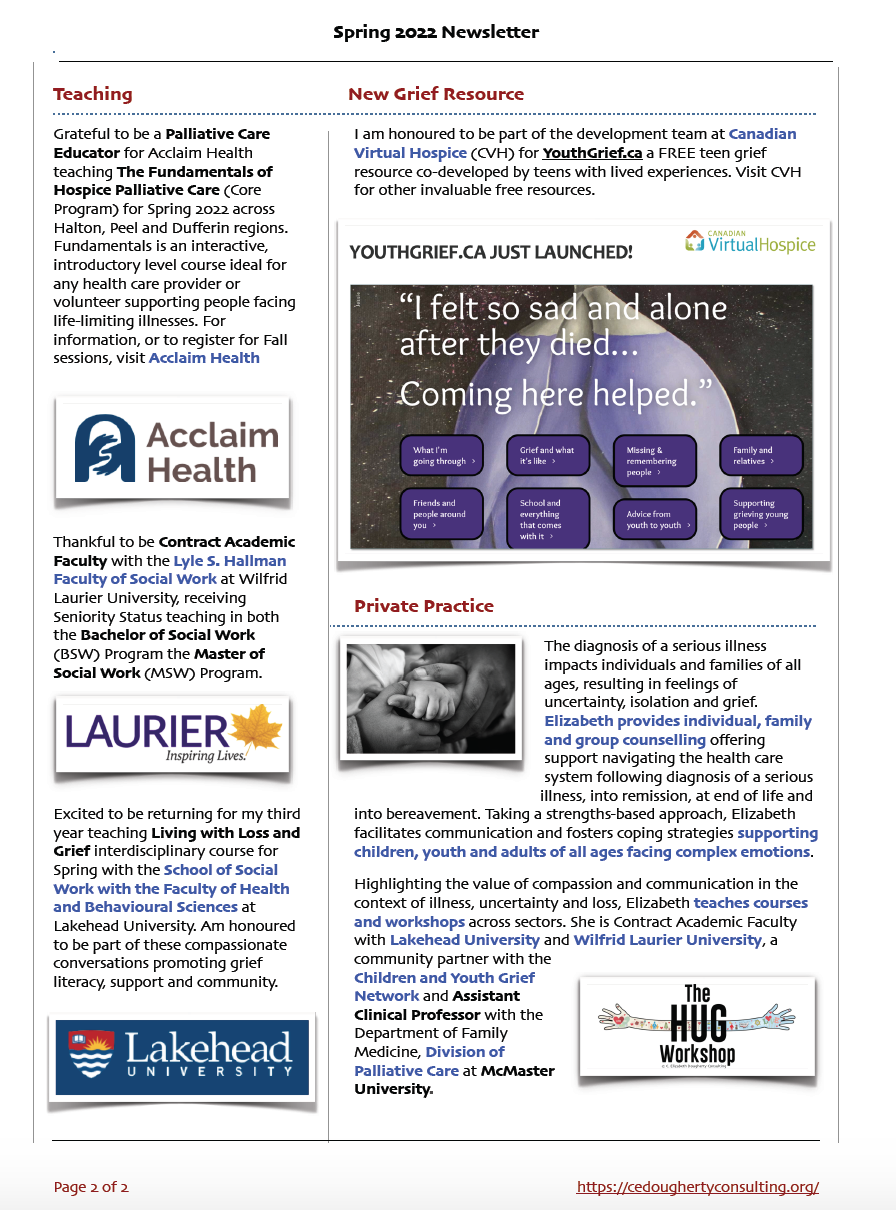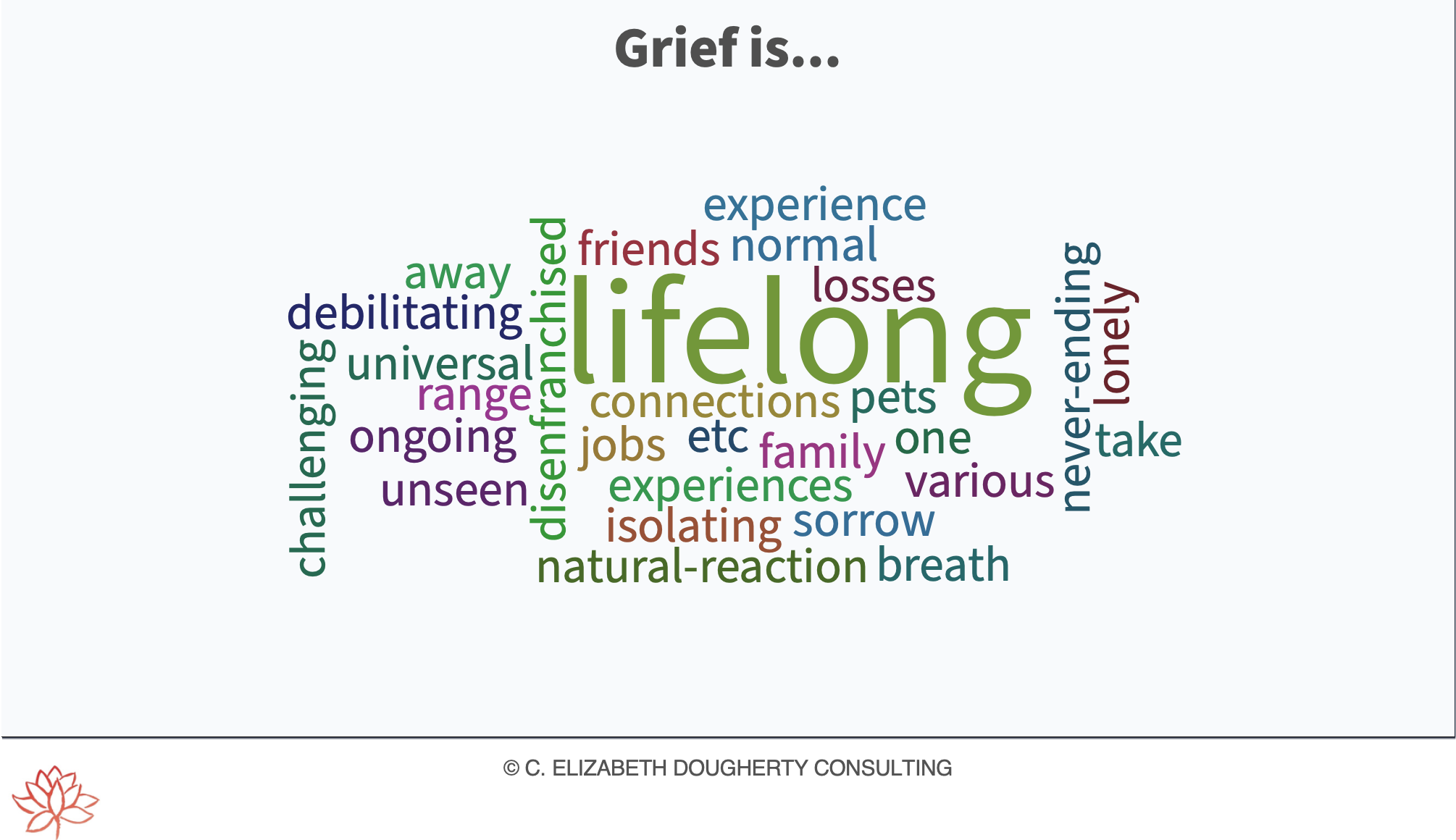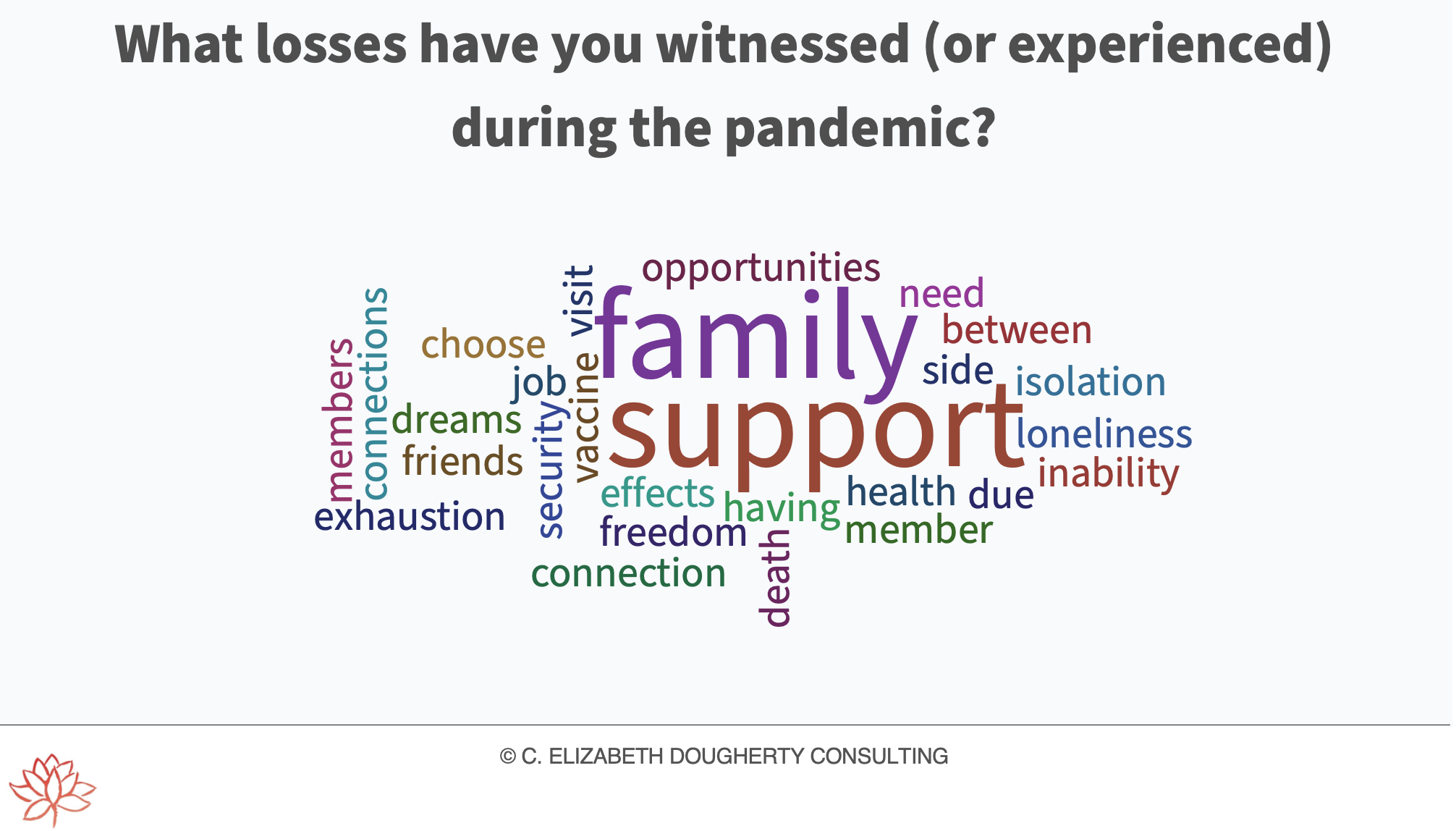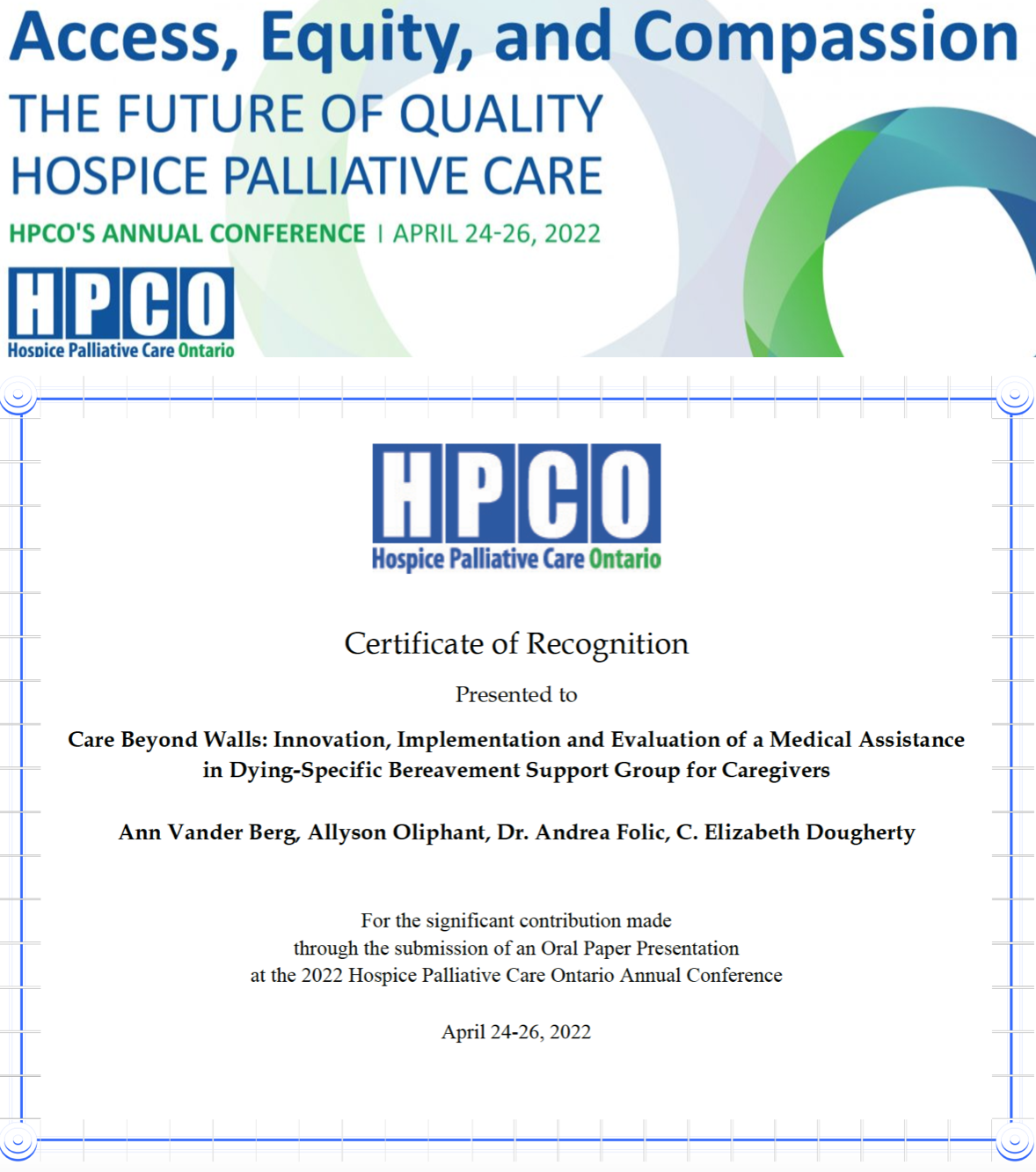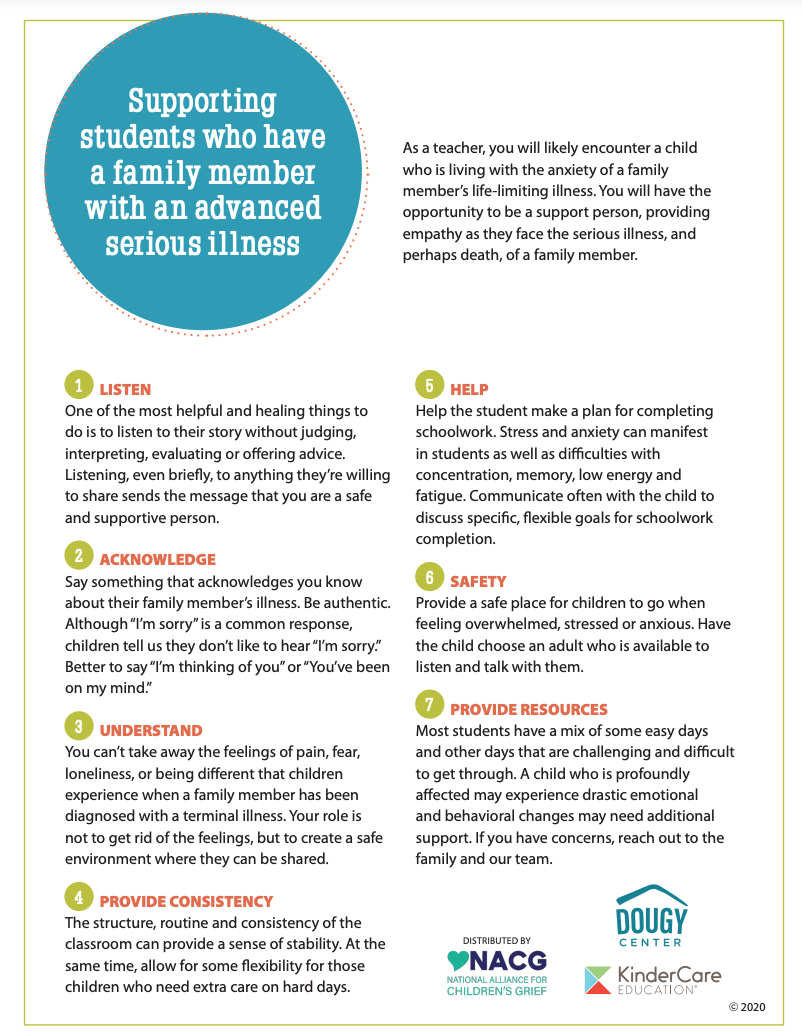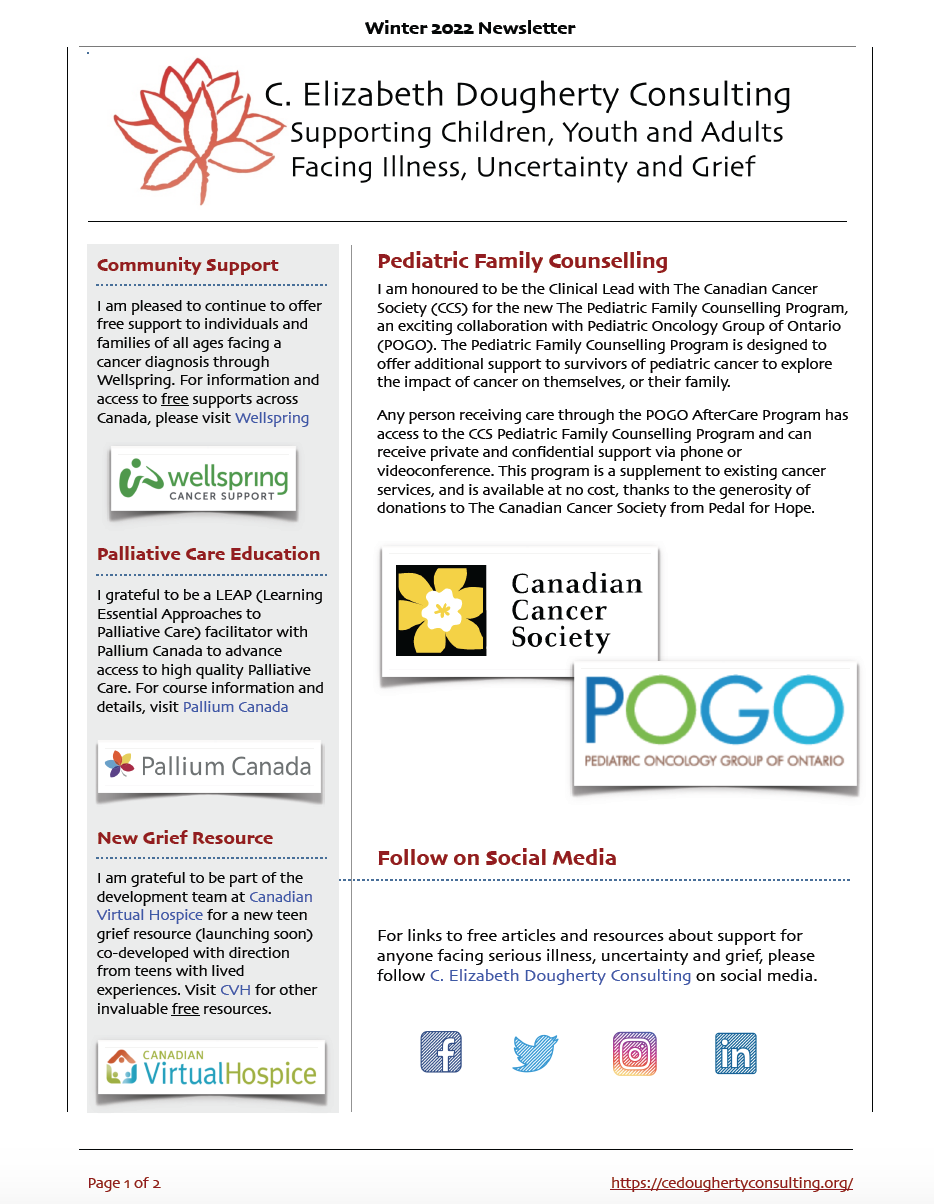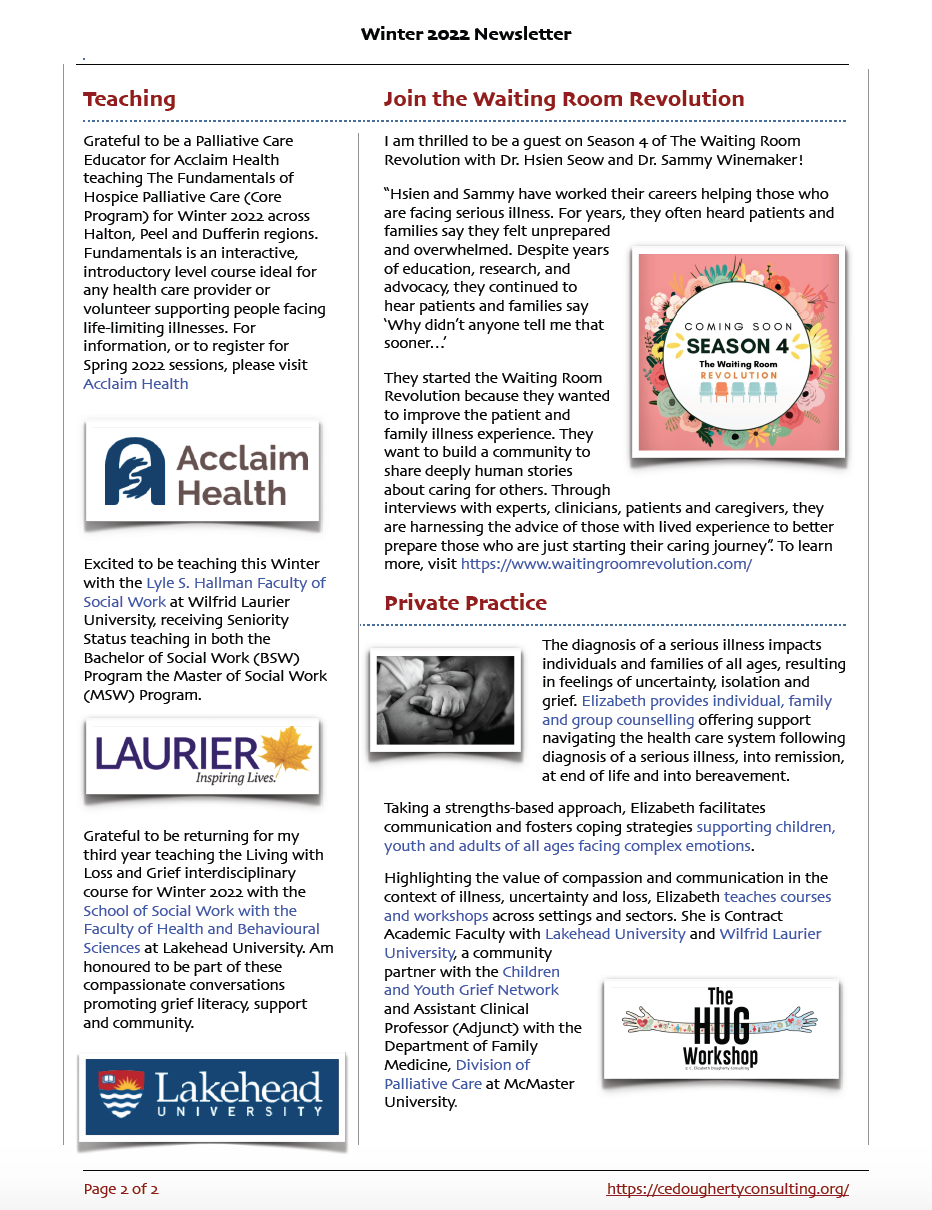I am honoured to facilitate this FREE Death Café on Wednesday June 28th (6-8pm) at the David Braley Health Sciences Centre, McMaster University on behalf of The 100% Certainty Project. Death: Something to Talk About.
We will highlight the articles, “You May Want to Marry My Husband” (written by Amy Krouse Rosenthal, 2017) and “My Wife Said You May Want to Marry Me” (written by Jason B. Rosenthal, 2018), alongside the 2018 TED Talk “The journey through loss and Grief” and 2020 book, “My Wife Said You May Want to Marry Me” by Jason, (named one of time’s best new books).
This event is featuring “My Wife Said You May Want to Marry Me”, an extraordinary 2023 book selection for The 100% Certainty Project. Death: Something to Talk About. The book “is an inspiring memoir of life, love, loss, and new beginnings by the widower of bestselling children’s author and filmmaker Amy Krouse Rosenthal, whose last of act of love before her death was setting the stage for her husband’s life without her in a column in the New York Times.” Source: https://www.jasonbrosenthal.com/books
Registration is required for this FREE Death Café on Wednesday June 28th (6-8pm) via Eventbrite at: https://www.eventbrite.ca/e/death-cafe-tickets-657227203257?utm_source=eventbrite&utm_medium=email&utm_content=follow_notification&utm_campaign=following_published_event&utm_term=Death+Cafe&aff=ebemoffollowpublishemail
Please note: Death Café is an international movement where people, often strangers, gather to eat, drink tea and discuss death. The objective is 'to increase awareness of death with a view to helping people make the most of their (finite) lives’.
At Death Café, you can expect a group directed discussion of death with no agenda, objectives or themes. It is a discussion group. Please note that Death Café is NOT a grief support group, nor is this a grief counselling session.
Death Café is a respectful, public event where people of all communities and belief systems are welcome to have discussions about death. Interesting conversation is guaranteed! For more information, please visit Death Café. https://deathcafe.com/


